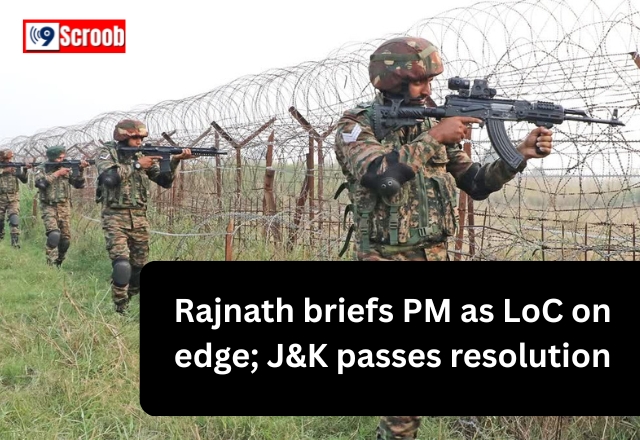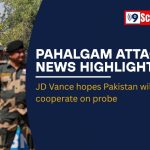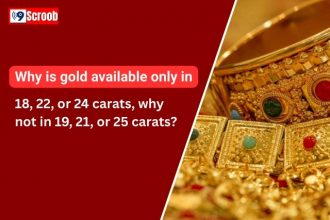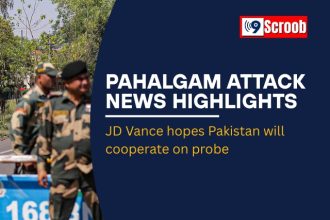Rajnath Singh Briefs PM Modi on LoC Escalation After Pahalgam Attack; J&K Assembly Passes Resolution
Defence Minister Rajnath Singh met Prime Minister Narendra Modi in New Delhi on Monday to discuss the evolving security situation in Jammu and Kashmir. The high-level meeting came shortly after the Pakistan Army opened fire on several Indian posts along the Line of Control (LoC), marking the fourth consecutive day of ceasefire violations.
This development follows the recent terror attack in Pahalgam, where 26 people—mostly Hindu tourists—lost their lives in the worst terror incident since the 2008 Mumbai attacks. The Resistance Front (TRF), a proxy of Pakistan-based Lashkar-e-Taiba, claimed responsibility. The attack coincided with the visit of US Vice President JD Vance to India, further raising diplomatic stakes.
Sources familiar with the meeting said the Defence Minister briefed the Prime Minister on the military’s preparedness and possible strategic responses. The 40-minute discussion highlighted India’s serious concerns about Pakistan’s continued support for terror outfits. In the aftermath of the Pahalgam tragedy, India has already suspended the Indus Waters Treaty, downgraded diplomatic ties, and closed the Attari land border.
Earlier in the day, the Jammu and Kashmir assembly passed a unanimous resolution condemning the Pahalgam attack and expressing grief. While the resolution did not name Pakistan, it reaffirmed the state’s commitment to defeating attempts to disrupt communal harmony. Chief Minister Omar Abdullah, in an emotional speech, stated that the victims had been invited by his government and that it was his duty to ensure their safety.
“This is not the time for politics,” said the Chief Minister. “I will not use this tragedy to push for statehood. That would be cheap politics.”
Tensions rose sharply along the LoC on Monday as Pakistani forces extended their firing to Indian posts on the southern side of the Pir Panjal range. Until now, violations were limited to northern sectors such as Uri, Tangdhar, Kupwara, and Gurez. The fresh attacks targeted Poonch and Kupwara, indicating a deliberate strategy to escalate hostilities across the entire LoC.
An Indian official confirmed that troops responded “swiftly and effectively.” With ceasefire violations now occurring at multiple points across the 740-km frontier, the situation is being described as the most serious since the 2021 ceasefire agreement.
Sunday night saw Indian forces retaliate in the Tutmari Gali and Rampur sectors of north Kashmir. Officials believe that the intensified ceasefire breaches may be aimed at facilitating terrorist infiltration and are likely to continue in the coming days.
Chief Minister Abdullah also pointed to the widespread protests and shutdowns across Jammu as evidence that the terrorists lack public support. “In 26 years, I have never seen such an outpouring of anger from the people,” he said. “This is the moment we must act wisely, not politically.”
Prime Minister Modi, addressing the nation, vowed the “harshest punishment” for those responsible for the attack, reiterating that terrorism would not be allowed to derail peace or development in the region.
The pattern of attacks suggests a major escalation along the LoC, with coordinated assaults replacing the previously isolated incidents. The exchange of fire, described by officials as the most intense in four years, underscores the fragility of the 2021 ceasefire agreement.
Meanwhile, Pakistan has retaliated diplomatically to India’s measures by suspending airspace access for Indian carriers, halting bilateral trade—including via third countries—and threatening to withdraw from key agreements such as the Simla Accord. The possibility of heavy artillery usage along the LoC has not been ruled out.
Last week, Rajnath Singh emphasized India’s commitment to holding both the perpetrators and their sponsors accountable. On April 23, a day after the Pahalgam attack, he chaired a two-and-a-half-hour security review with top officials to consider potential military responses.














